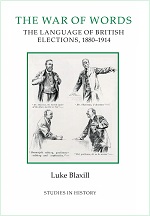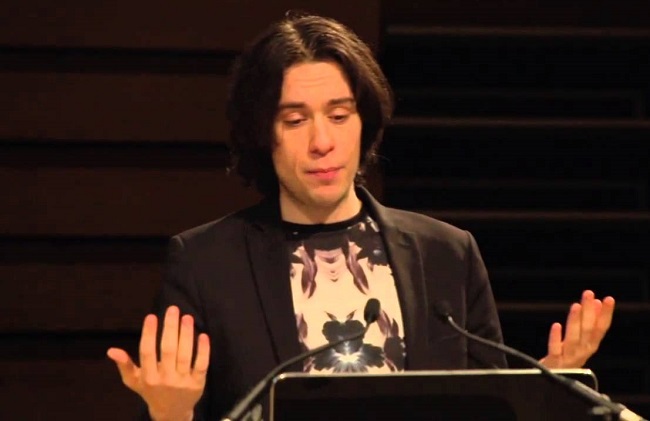Posts com a Tag ‘MIDDLETON Alex (Res)’
The War of Words: The Language of British Elections / Luke Blaxill
Luke Blaxill / Foto: University of Birmingham /

The War of Words has been trailed in a series of journal articles and book chapters over the last decade, so some readers will already be familiar with the techniques involved, and a number of the more striking reinterpretations the book offers. But having everything presented together—and supported by an imposing array of statistical tables (36) and figures (44), a ‘technical glossary’, and 68 pages of methodological and statistical appendices—lends the research a powerful cumulative effect. As this suggests, the volume’s embrace of digital methods goes well beyond the searches for ‘hits’ on particular keywords, and the Google Ngrams, which are already part of the historian’s armoury. What does the book mean to do? Leia Mais


